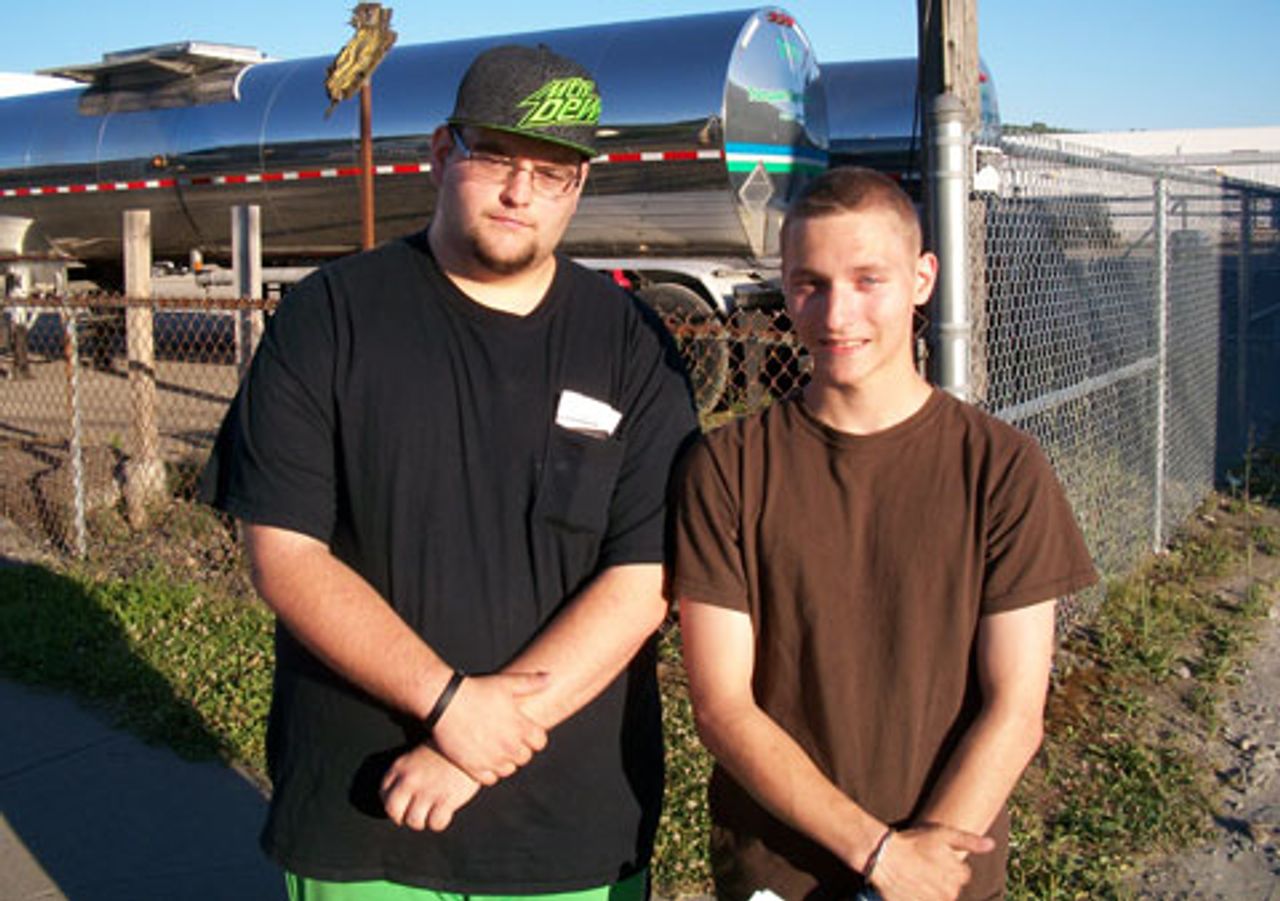The World Socialist Web Site spoke to Cortland residents about living in a community characteristic of upstate New York: with poor living conditions, no decent jobs, and a deteriorating infrastructure.
Cortland is a small town with a population of 24,000. As of May 2012, it had an unemployment rate of 8.5 percent, up from 7.5 percent a year ago. While unemployment in Cortland had averaged at about 5.5 percent from 2001 to 2008, the jobless rate jumped to an average of 8.9 percent under the Obama administration. Per capita income stands at $17,174, and the household median income is $33,600, before taxes, far below the national median income, which is just above $50,000.
These income levels reflect a general trend in the US, in which corporations are looking for young workers to work for extremely long hours for near minimum wage. These workers are part of the 8 million-strong workforce that works part-time not out of choice, but because no company offers full-time employment. Nationally, this has led to a 7.7 percent fall in workers’ real median wages, according to the Federal Reserve.
Cortland once had a trolley car system, opera house, theater, a grand hotel and numerous factories—Brockway, Smith Corona, Rubbermaid—all of which no longer exist.
The dominating employer in the area is Marietta Corporation. The company specializes in making bath soaps for hotels and has a factory that employs about 1,000 people, just over 4 percent of Cortland’s population.
“It’s the place where everyone goes to work once they realize they can’t get a job anywhere else,” said one Cortland resident. “Even then, with the new people generally getting the 12 hour shifts, a lot of people leave after a week. It’s a place that people filter in and out of a lot, and Marietta likes that, because it means it doesn’t have to give out benefits.”
 Brandon and Tylor
Brandon and TylorBrandon Hubert, recently graduated from high school, worked at Marietta Corporation for only a few weeks before being fired on spurious grounds. “I had applied for a day off to go on my senior trip, something that I’m not going to miss,” he said. “I went to my supervisor, and was told to come back that afternoon to get the forms I needed for a day. When I returned, he’d left for the day and I never got the forms signed. When I returned, I was fired for a ‘no show.’ This was for an $8.50 an hour job.”
He added, “It’s like that for the rest of the jobs in town. It’s even hard to get a fast-food job. I’ve applied for jobs at fast food places. They’ll interview you and say they’ll call, but they never do. It’s rough. If you can’t get a job, you can’t feed yourself, and then what do you do?”
Brandon also talked about the difficulties trying to live on such little money. “If something happens to you, and you don’t have health insurance, there is nothing you can do,” he said. “Nobody has the spare money to pay hospital bills. I also want to know where our tax money goes. We’ve got roads with potholes everywhere in this city, and I’ve hurt myself tripping in a few of them, but nobody seems to care. All the tax money seems to evaporate.”
Tylor, currently an unemployed young worker who is training to be a stand-up comedian, had a lot to say about the recent Supreme Court health care decision. “All that money that people will pay is going to the private sector,” he told us. “It’s just a way for the health industry to give out as little care as possible and make even more money. With all the money the banks have, life for basic people, most who just want a job, shouldn’t be so difficult.”
